Subtotal: $76.50
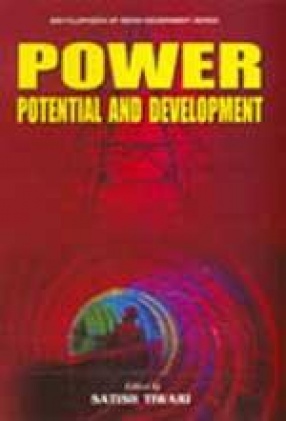
46 books

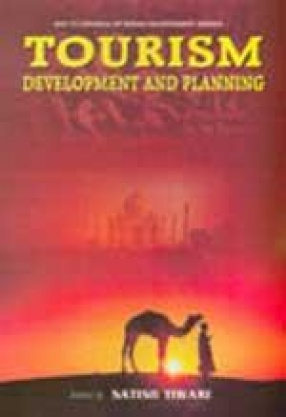
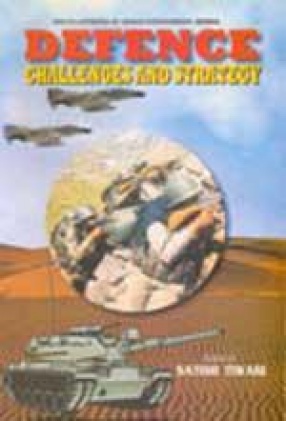
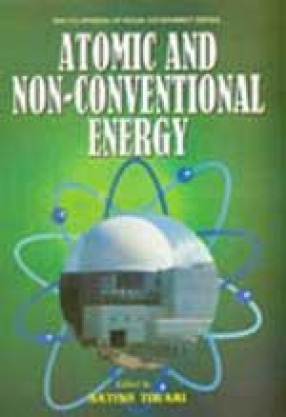
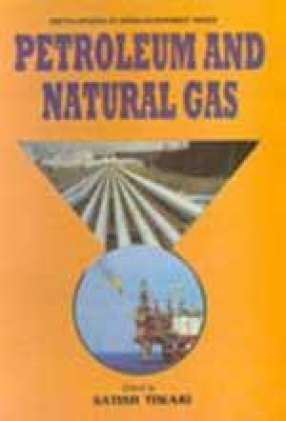

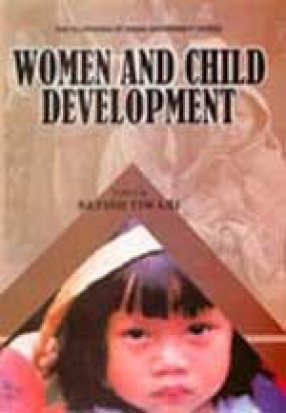
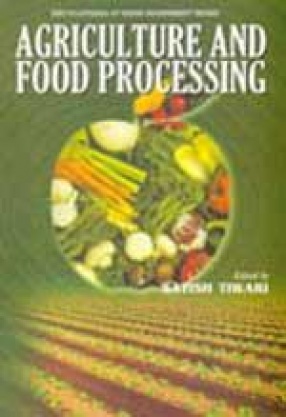

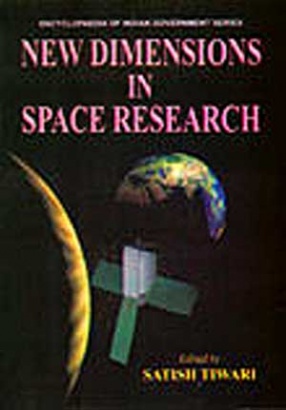

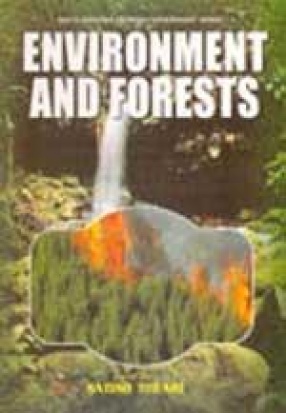
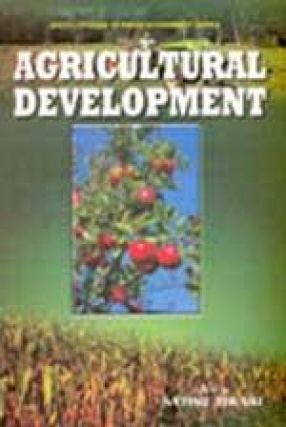
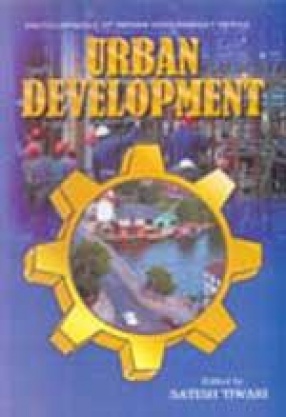
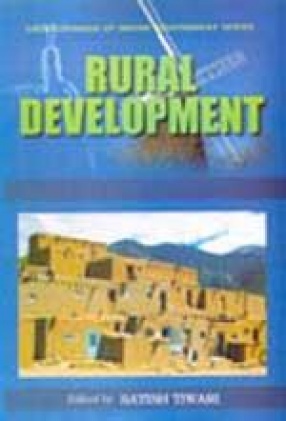
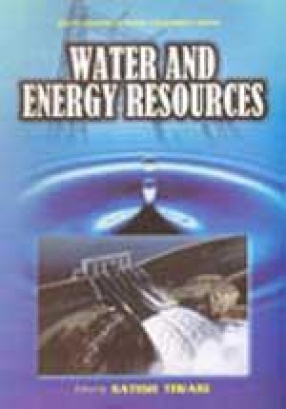
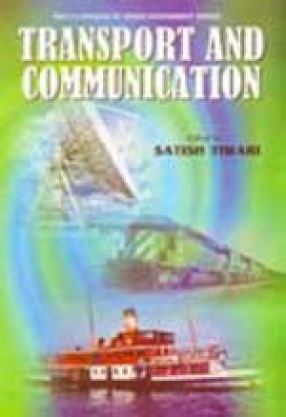
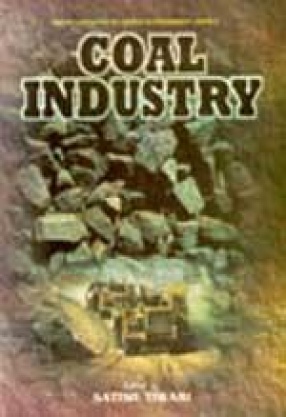

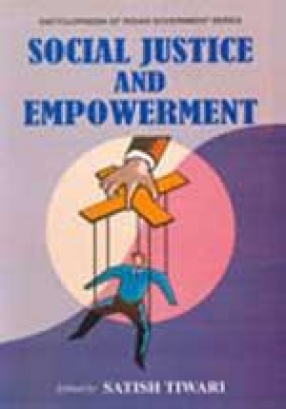
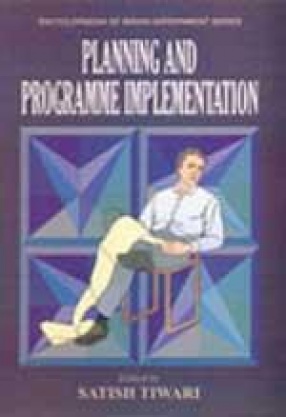

Availability and per capita power consumption is indicator of development stage of any nation. 'Poverty of power' situation in India is deteriorating day by day. This book portrays different issues concerning the power position in India, e.g. generation, transmission, regulation etc. Ministry of Power , Highlights and main achievements; transmission; Rural electrification programme; Energy conservation, renovation and modernisation; Central Electricity authority; ...

Since your days India has attracted the attention of tourists - maybe they explorers, adventurers or pilgrims. It is a recent trend that is evident worldwide as tourism has become the largest export industry. The Asia-Pacific religion has been forecast by the international agencies as the centrepiece of tomorrow's tourism and India is part of it. Tourism development in India; Ministry f Tourism and its functions; Policy, planning and coordination; Infrastructure ...

Defence has been of prime importance to every nation-state since times immemorial. With the advancement of science and technology to defend the national territory from the armed aggression of enemy countries has become easy on the one hand and complex and challenging on the other. Nuclear and laser weapons, supersonic fighting planes, ballistic missiles, remote sensing defence techniques; use of satellites and many other sophisticated defence devices have changed ...

The conventional sources of energy are limited in quantity. As such atomic energy is seemingly the only option having vast potential. But atomic power generation process is very dangerous due to radioactivity. Regulating nuclear fission and fusion needs sophistication and expertise. In India too many nuclear reactors are in operation. This book contains highly useful information on all non-conventional sources of energy including nuclear power. The main contents ...

'Fuel' is the main ingredient to run the entire body mechanism of any state. Local availability of various sources of fuel boosts the prosperity Petroleum and natural gas are the best known natural gas are the best known natural forms of fuel till date. These can be termed 'scarce resources' of the country. This book compiles the authoritative information on Government of India's policy, organisation and management of this significant source of energy. Organised ...

Culture is a nebulous term. Every culture has its unique/distinct characteristics. To distinguish cultures as back-or forward is not logical. India's is a multi-cultural society and unity in diversity is quite visible in this context. This book imparts information on Government's effort and policy for enriching cultural development in India. Organisation; Archaeology; Museums; Institutions of Anthropology and Ethnology; Archives and archival libraries; Libraries; ...


Women and child development should be emphasised for the total development of a society. The present book gives information on various programmes of the Govt, of India for development of women and children. Organisation; Child development; Child labour, Food and nutrition; Health and sustainable regional development; Other programmes and activities; NIPCCD; Central Social Welfare Board; and National Commission for women are the main topics covers in this book.
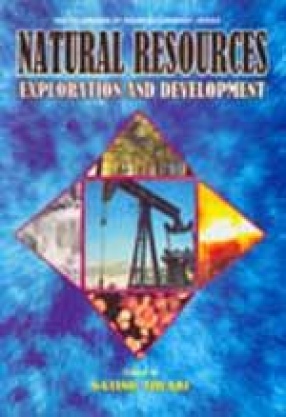
Affluence of natural resources is the mark of material prosperity of a nation. Natural resources include forests, mineral wealth, fauna and flora, rivers and water etc. of this forest resources count much for natural ecology and environment. Natural resources development; Biological diversity and agriculture; Agro forestry's potential for meeting wood requirements; government plans and programmes; Environmental concerns etc. lie topics are given coverage in this ...

Agriculture food processing industry is rather a new development. Stimulating demand for appropriate processed foods. Achieving maximum value addition and by product utilization; Creating increased job opportunities particularly in rural areas; enabling farmers to reap the benefits of modern technology; and creating for surplus for exports are the goals and objectives of the Ministry of Food processing Industries. This book analyses different functions and ...
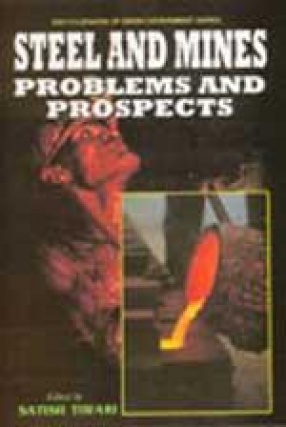
Ministry of Steel and Mines is engaged in promotion, conservation and scientific development of all the mineral resources of the country other than petroleum and natural gas, atomic minerals. It also undertakes scientific, techno-economic, research oriented studies in various aspects of mining, such as geological studies, ore beneficiation, and environmental issues. This book contains useful material on various functions of Steel and Mines industry, Iron and ...

Commerce and trade are the vital organs of a nation's economic life. As the apex the ministry of commerce is responsible for the national external trade and related matters such as export promotion measures; Commercial relations with other countries; development and regulation of export oriented industries and commodities and state trading. The ministry formulates and implements policies in the sphere of foreign trade, reflected in Export Import Policy of the ...

It is significant that today, India has established a viable, self-reliant space programme that is precisely turned towards national development tasks. INSAT and IRS satellite systems form a crucial element of national infrastructure for telecommunication, television broadcasting, meteorology, resources survey and management. The unique capabilities of remote sensing satellites have enabled India to take up Integrated Mission for Sustainable Development (IMSD). ...


For the planning, promotion, coordination and overseeing the implementation of the environmental and forestry programmes the Ministry of Environment and Forests is the nodal agency in the government. The mandates of the ministry are conservation and survey of flora, fauna, forest and wildlife, prevention and control of pollution, afforestation and regeneration of degraded areas and protection of environment. India's environment; Natural resources; National ...

Agriculture is the mainstay of human life. To feed the growing population, agricultural productivity must be increased. Extensive agriculture, HYV seeds, use of fertilizers, scientific water management, and use of modern tools is necessary for meeting the target. Sustainable Indian Agriculture Policy; Horticulture; Fertilizers and manures; agricultural credit; Agricultural trade; Agro-industries and agricultural finance; Development of agriculture-like important ...

Currently 'urbanisation' is a rapidly growing phenomenon world over. Employment, education, concentration of official activities and many more factors are responsible for this. Whereas 'City' in its pristine sense is considered an ideal place having all civic facilities, this has become utopia in the present day context. In the absence of firm will of the Govt., increasing population, concentration of industrial activities in urban areas, etc. has turned the ...

In a society where major segment of the population lives in villages, rural development must be much emphasised. Panchayats are the oldest institution at village level since times immemorial devoted to govern the village administration and welfare. This book brings together Govt.'s efforts and policies for rural development and poverty alleviation. Employment and poverty alleviation: issues and options; Rural Development; Special component plan and tribal ...

Water resources are the important assets of a country. Besides its utility for survival of all fauna and flora including human beings, water has vast potential as energy resource. Despite plenty of natural water resources, many parts of India still face disastrous droughts. As such scientific management of water resources should be planned and implemented. Water resources: programme and policies; Energy and environment sectors; National water development agency; ...

Means of transport and communication are like arteries for survival of human beings. as basic infrastructural facilities, these can help the national advancement and development. The present book is intended to serve as authoritative reference work on the subject, Introduction; Transport and communication ; Shipping; Ship building and Ship repair; Light houses; Inland water transport; Ports ; Roads development; Road research; Administration; and Service directory ...

'Coal' is an important source of energy, particularly in the context of a developing country where it is luxuriantly available. The Ministry of Coal has the overall responsibility of determining policies and strategies in respect of exploration and development of coal and lignite reserves, sanctioning of important projects of high value and for deciding all related issues. Organisation; Coal companies: Coal exploration; Planning and foreign collaboration; ...

The current young age structures of Asian population simply continued population growth in virtually all countries in the region. Future increases in population will be smaller than they have been in past forty years. They remain large in absolute terms, and will often be accompanied by substantial shifts in age structure as well as geographic distribution. Realising the negative effect of rapid population growth on development, the South Asian countries have ...

The Ministry of Social Justice and Empowerment is entrusted with the welfare, social justice and empowerment of disadvantaged and marginalised sections of society viz. SC, ST, minorities; backward classes, disabled, aged persons, street children, victims of drug abuse etc. The basic objectives of policies, programmes, law and institutions of Indian welfare system are to bring the target group into the mainstream of development by making them self-reliant. This ...

For planning and programme implementation, the Department of Statistics in the Ministry of Programme and Programme Implementation is apex body in the official statistical system of the country. This book contains vital information, derived from official sources. Department of Statistics; Indian Statistical Service; National Sample Survey Organisation; Indian Statistical Institute; Economic Development and Planning; Future prospects etc. are the topics judiciously ...
